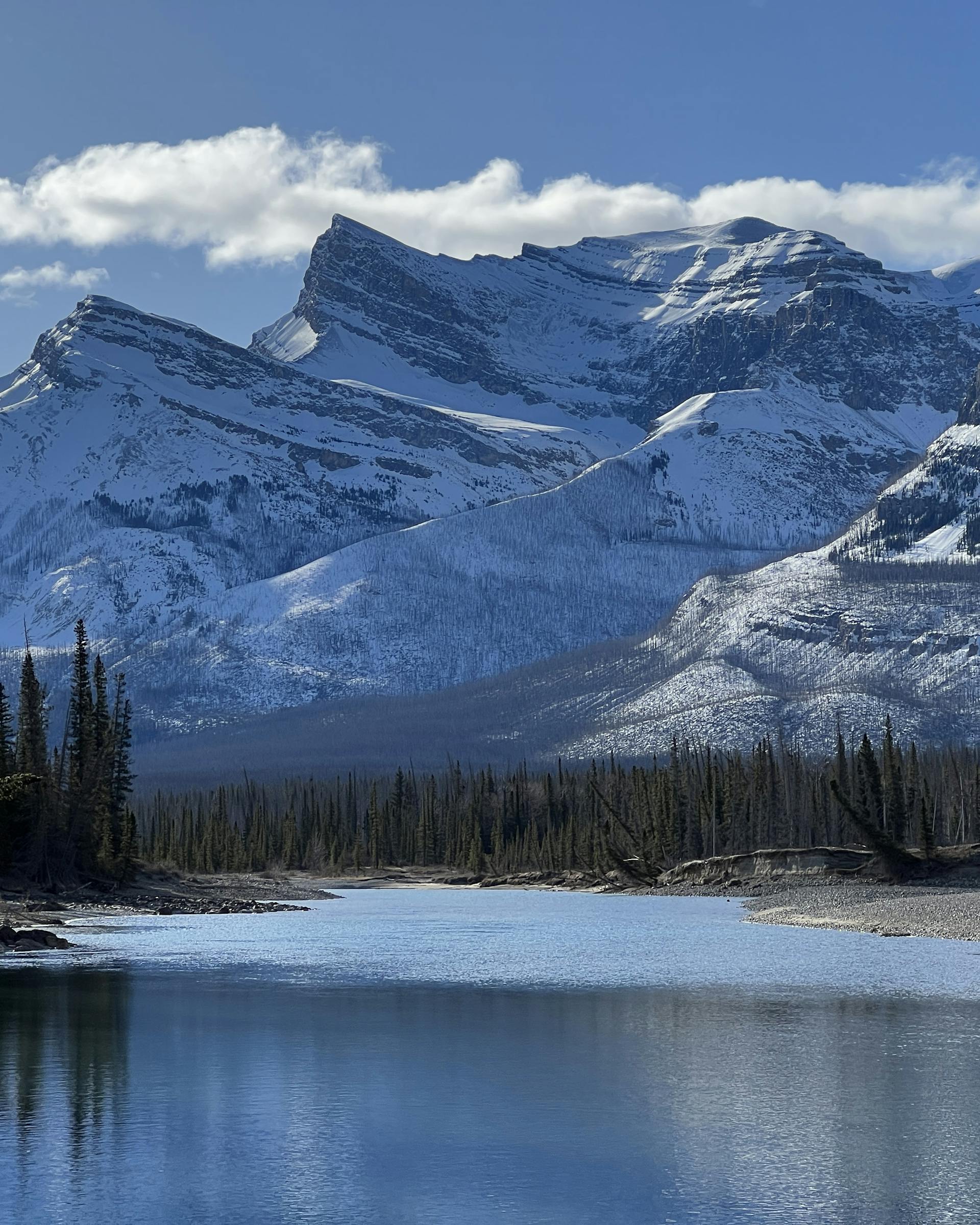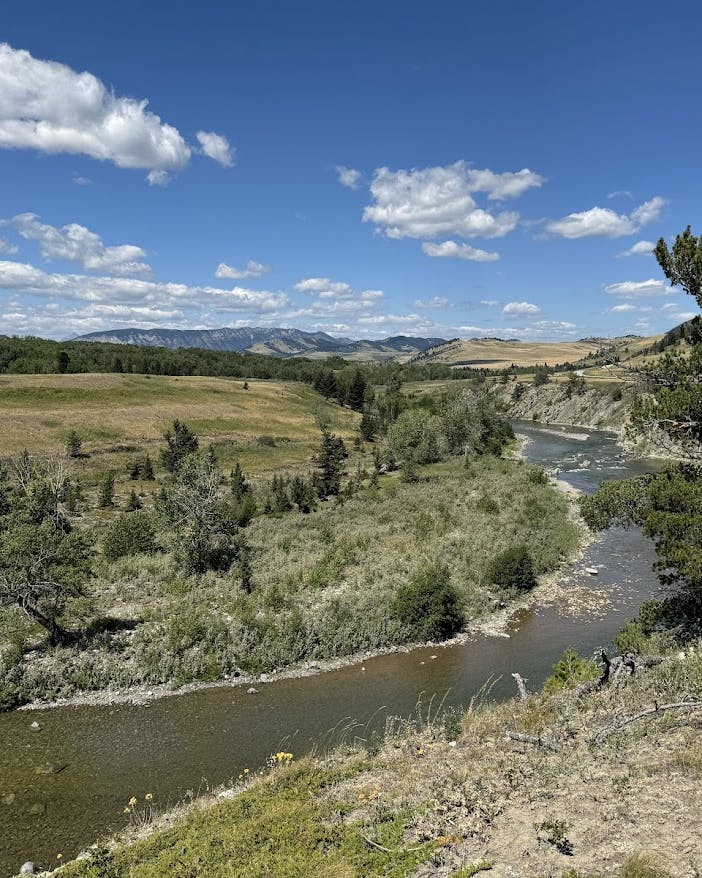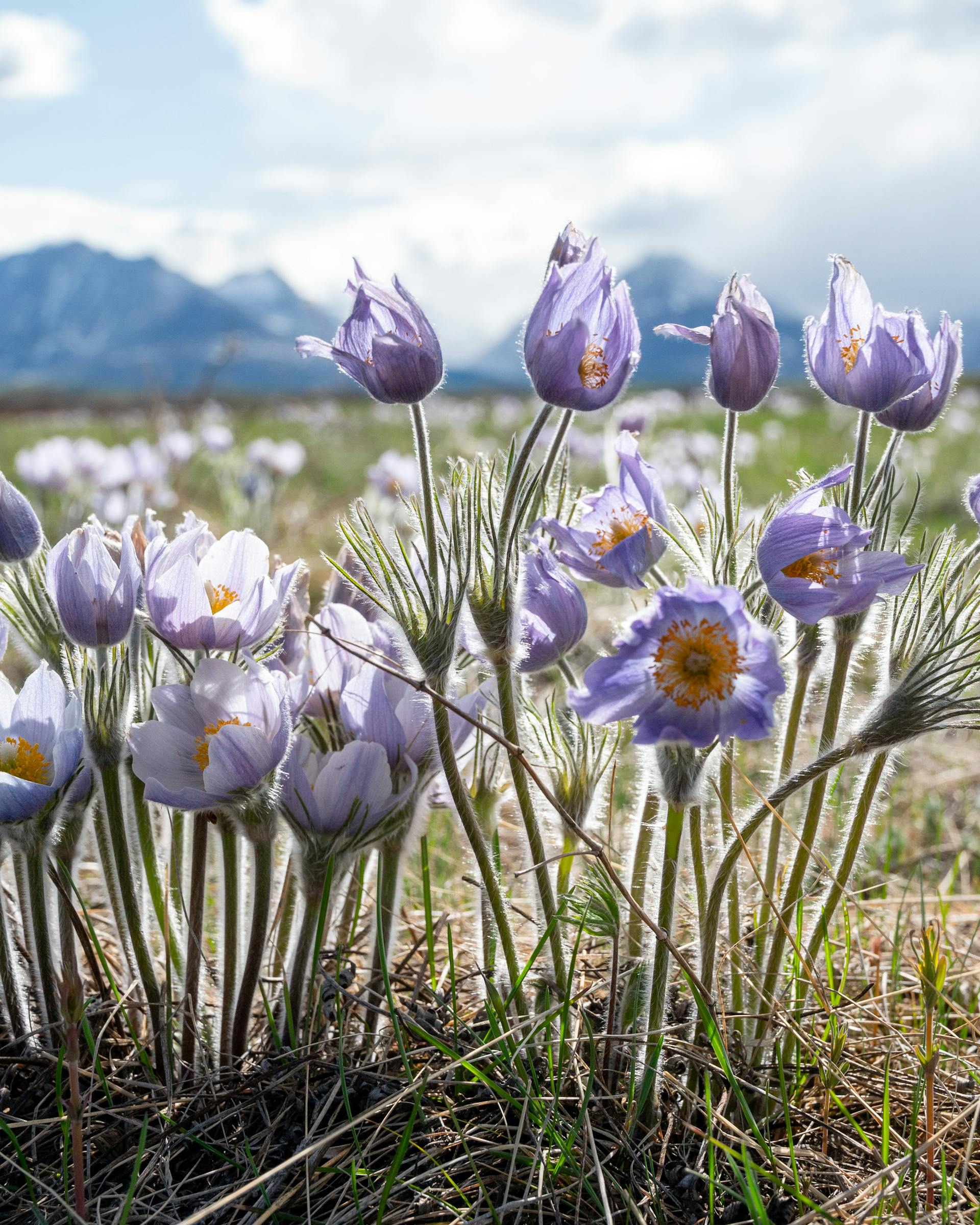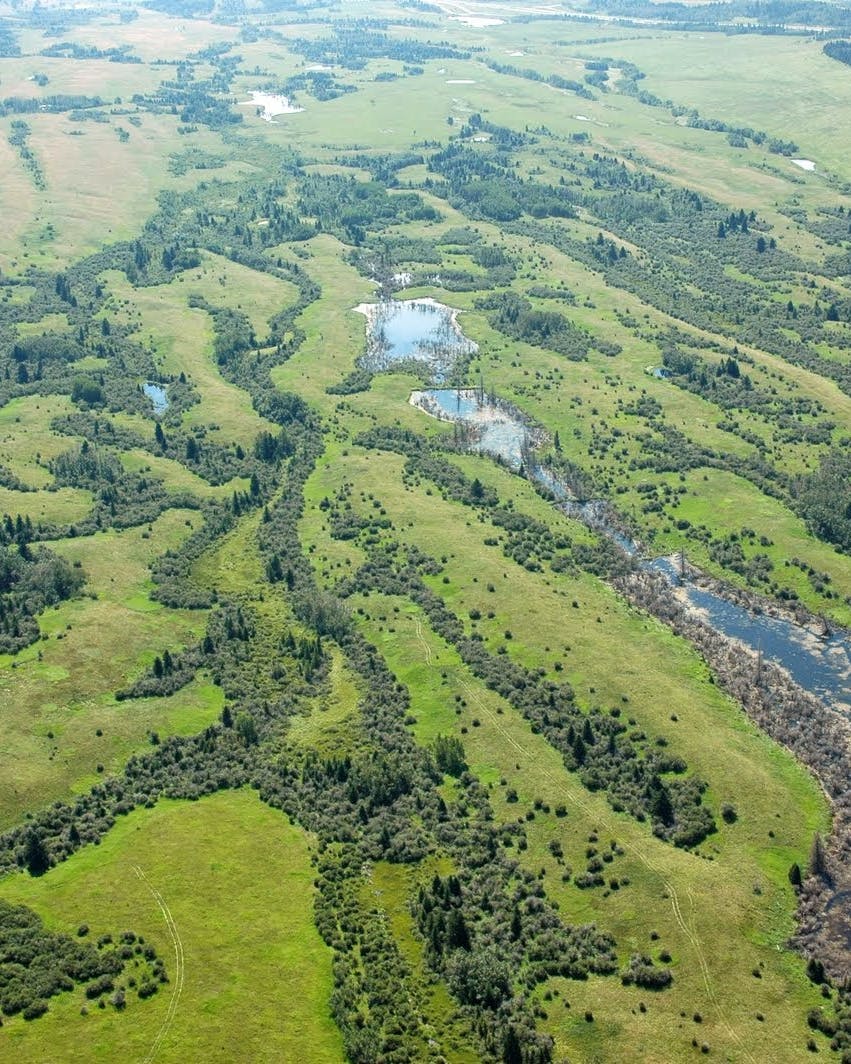Supporting Indigenous-led conservation efforts in Alberta
Bow and Oldman Watersheds
Nature-Based Solutions and Conservation
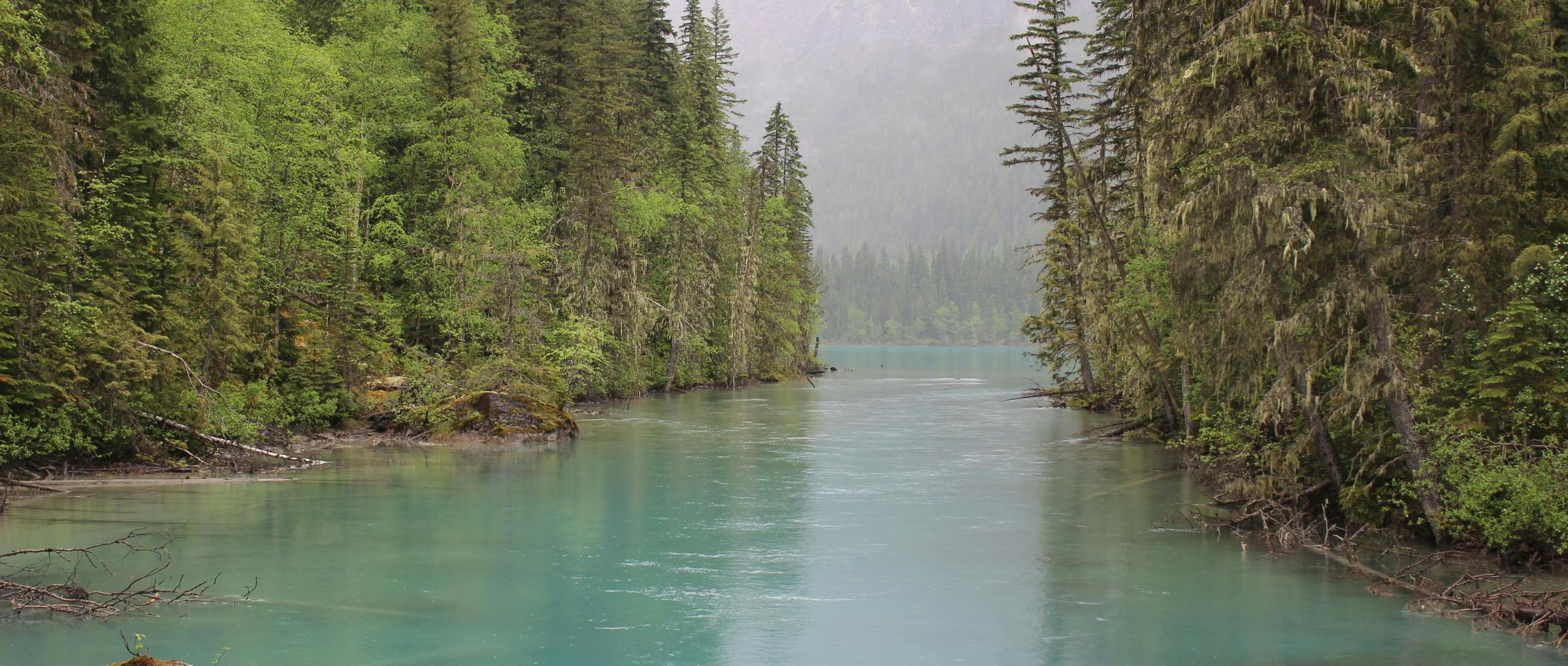
In Alberta, vast portions of the Eastern Slopes lack permanent, legislated protection. Canada has committed to protecting 30% of lands by 2030, with new protections achieved in partnership with Indigenous governments and communities. This provides an exciting opportunity to center Indigenous voices, advance self-identified land-relation priorities of Indigenous groups and build/strengthen relations between Indigenous people and the conservation sector in Alberta. The Yellowstone to Yukon Conservation Initiative Foundation (Y2Y) worked with the Blackfoot Confederacy and Stoney Nakoda Nations to advance their conservation visions while engaging with allies/partners on decisions that threatened the region's ecological integrity- advancing community-led conservation of Alberta's source waters, habitat connectivity and biodiversity.
Throughout all activities, these projects have contributed to building the conditions in which Indigenous people have increasing control over their lands and waters, greater influence over their present and future and greater resources and recognition within the conservation sector. Y2Y has supported and facilitated building and strengthening relationships of reciprocity, with its work providing meaningful support to efforts that are identified by, led by and benefiting Indigenous people. In this way, the projects have centred Indigenous voices and advanced the self-identified land relation priorities of Indigenous groups, in keeping with the Truth and Reconciliation Commission’s Calls to Action, Articles 22, 26 and 29 of the United Nations Declaration on the Rights of Indigenous Peoples and the conservation directives outlined by the Indigenous Circle of Experts to Canada Target 1.
This project has also built and strengthened relations between Indigenous people and the conservation sector (including ENGOs, land trusts and funders) and between Indigenous knowledge keepers in different Nations and communities (e.g., through convening and collaborating). As a result of this, the Alberta Biodiversity Monitoring Institute and Alberta Wilderness Association now have direct relationships with these Nations and have used this to inform their activities and strategies in support of Indigenous-led conservation.
IPCAs represent a long-term commitment to conservation, and the establishment of IPCAs is a long-term and complex process involving multiple levels of government, legislative overlap, and long-term community engagement and education. There’s no one-size-fits-all approach to IPCAs because each Indigenous community or government determines its own conservation standards and practices and expresses them through its laws, language and values.
Common to all development of IPCAs, however, is the foundational work to establish and enhance stewardship that contributes to the development of a vision for the IPCA. This foundational work includes projects that build up community members’ skills and experience and build community knowledge through on-the-land conservation activities that enhance and recover biodiversity and ecosystem health. Best practices for IPCA development and implementation recognize this foundational work as both critical and challenging to fund. Long-term, consistent and flexible funding at all stages of IPCA development is a considerable factor in the successful implementation of the IPCA in the end. Adequate funding agreements not only support effective programming but also convey a spirit of confidence and a recognition of the value of Indigenous-led conservation.
Y2Y’s approach across the geography in support of IPCA development is to engage in work that builds this foundation. In this next project phase, they will do this by supporting specific on-the-ground projects like the traditional knowledge research in the Livingstone-Porcupine region Siksika is undertaking (as requested by these Nations–that will help deepen Y2Y’s relationships and build a foundation of stewardship and conservation capacity that support long-term IPCA goals). They will also continue their focused efforts to build support for IPCAs through government relations and targeted media engagement, as well as collaborating with other ENGOs- approaches that have proven very successful with the first year of this project.
Related projects
Explore a showcase of projects that we've funded.
